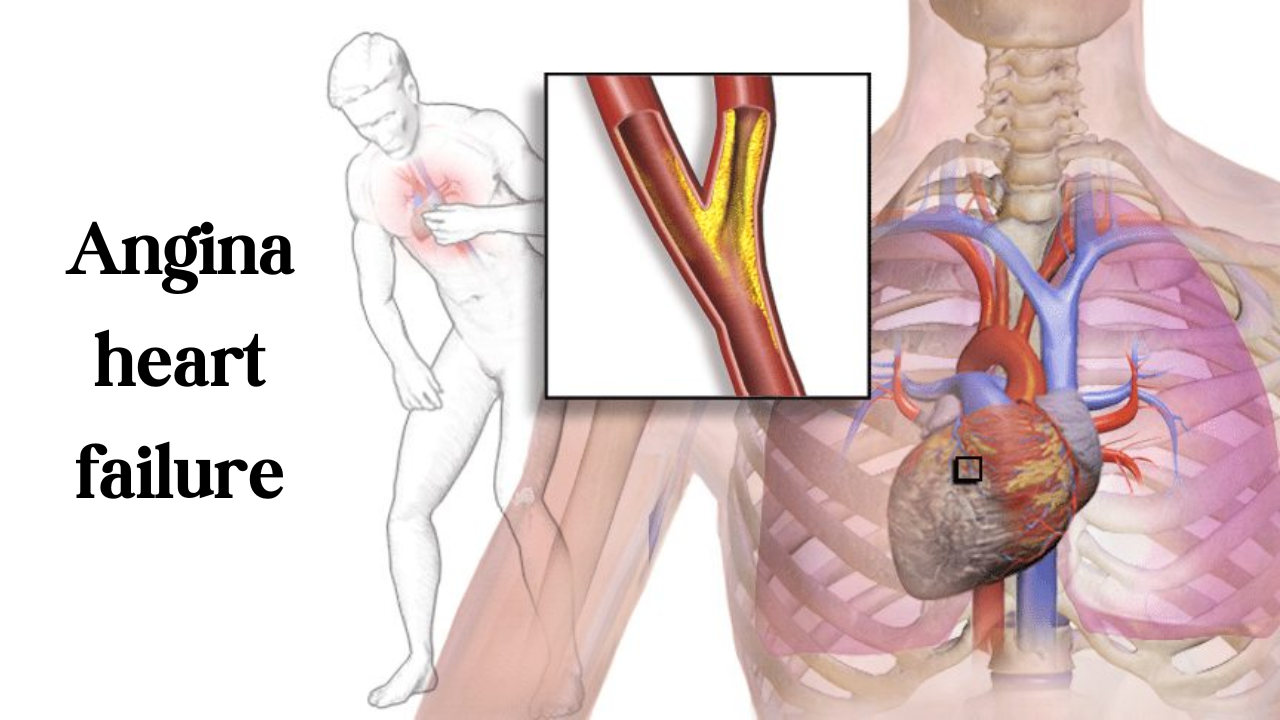Last updated on March 6th, 2025 at 09:28 am
Chest pain during pregnancy can be a daunting experience, leaving you as an expectant mother worried and searching for answers. In this comprehensive guide, you’ll get to explore safe and effective solutions for managing chest pain during pregnancy. Whether you’re dealing with heartburn, muscle strain, or more serious conditions, understanding the causes and remedies can provide peace of mind and improve your overall well-being.
What is Chest Pain During Pregnancy?
Chest pain can be alarming, especially when you’re pregnant. However, it’s important to remember that not all chest pain is related to your heart. There are various reasons why you might experience chest pain during pregnancy, including:
1. Heartburn and Acid Reflux
Heartburn is a common complaint during pregnancy, often caused by the hormonal changes that relax the valve between your stomach and esophagus. This can lead to acid reflux, where stomach acid travels up into your esophagus, causing a burning sensation in your chest.
2. Musculoskeletal Changes
As your body changes to accommodate your growing baby, your posture and the alignment of your muscles and bones can shift. This can lead to muscle strain and pain in your chest and rib area.
3. Respiratory Issues
Pregnancy can make you more prone to respiratory infections like colds and bronchitis. Coughing and inflammation can cause chest pain.
4. Cardiovascular Concerns
In rare cases, chest pain during pregnancy can be related to cardiovascular issues such as peripartum cardiomyopathy or blood clots. It’s crucial to be aware of the symptoms that warrant immediate medical attention.
Safe and Effective Solutions for Managing Chest Pain
Now that we’ve identified some common causes of chest pain during pregnancy, let’s explore safe and effective solutions to help you manage this discomfort.
Heartburn Relief
Heartburn can be particularly bothersome, but there are several strategies you can employ to alleviate the symptoms:
1. Eat Small, Frequent Meals
Instead of three large meals, try eating smaller, more frequent meals throughout the day. This can help reduce the amount of acid your stomach produces and prevent reflux.
2. Avoid Trigger Foods
Certain foods can exacerbate heartburn. Common culprits include spicy foods, citrus fruits, chocolate, and caffeine. Pay attention to your body’s reactions and avoid foods that trigger your symptoms.
3. Stay Upright After Eating
Lying down immediately after eating can increase the likelihood of acid reflux. Try to remain upright for at least an hour after meals to help keep stomach acid where it belongs.
4. Use Antacids
Over-the-counter antacids can provide quick relief from heartburn. However, it’s important to choose antacids that are safe for pregnancy. Consult with your healthcare provider before taking any medication.
Musculoskeletal Pain Management
Muscle strain and discomfort are common during pregnancy. Here are some ways to alleviate musculoskeletal pain:
1. Practice Good Posture
Maintaining proper posture can help reduce strain on your muscles and joints(Discover the best medicine for joint pain). Make sure to stand and sit up straight, and avoid slouching.
2. Use Supportive Clothing
Wearing a supportive bra can help alleviate chest pain caused by changes in breast size and weight. Additionally, consider using a maternity support belt to reduce strain on your lower back and abdomen.
3. Gentle Exercise
Engaging in gentle exercises, such as prenatal yoga or swimming, can help strengthen your muscles and improve your posture. Always consult with your healthcare provider before starting any new exercise routine.
4. Apply Heat or Cold
Applying a warm compress or a cold pack to the affected area can provide relief from muscle pain. Be sure to use a barrier, such as a cloth, between your skin and the heat or cold source to prevent burns or frostbite.
Respiratory Health
If your chest pain is related to respiratory issues, consider these tips:
1. Stay Hydrated
Drinking plenty of fluids can help keep your respiratory system functioning properly and reduce the risk of infections.
2. Use a Humidifier
Dry air can irritate your respiratory tract. Using a humidifier can add moisture to the air, making it easier to breathe and reducing chest pain.
3. Avoid Irritants
Stay away from smoke, strong fragrances, and other irritants that can trigger respiratory issues. If you have allergies, take steps to minimize your exposure to allergens.
Cardiovascular Health
While cardiovascular issues are rare, they can be serious. It’s important to be aware of the signs that indicate a need for immediate medical attention:
1. Know the Warning Signs
Symptoms such as severe chest pain, shortness of breath, dizziness, and swelling in your legs or ankles should not be ignored. If you experience any of these symptoms, seek medical help immediately.
2. Regular Check-Ups
Attending regular prenatal check-ups can help monitor your cardiovascular health and detect any potential issues early on. Always communicate any concerns or symptoms to your healthcare provider.
When to Seek Medical Attention
While many instances of chest pain during pregnancy can be managed with home remedies and lifestyle changes, it’s important to know when to seek medical attention. If you experience any of the following symptoms, contact your healthcare provider immediately:
- Severe or persistent chest pain
- Shortness of breath
- Pain radiating to your arm, shoulder, or jaw
- Dizziness or fainting
- Rapid or irregular heartbeat
- Swelling in your legs, ankles, or feet
Natural Remedies for Chest Pain During Pregnancy
In addition to the solutions mentioned above, several natural remedies can help alleviate chest pain during pregnancy. These remedies are safe and gentle, providing relief without the need for medication.
Herbal Teas
Certain herbal teas can help soothe the digestive system and reduce heartburn. Chamomile tea, ginger tea, and fennel tea are known for their calming effects. However, it’s important to consult with your healthcare provider before consuming any herbal teas, as some may not be safe during pregnancy.
Dietary Adjustments
Making changes to your diet can have a significant impact on reducing chest pain:
1. Increase Fiber Intake
Eating a diet rich in fiber can help prevent constipation and reduce the strain on your digestive system. Include plenty of fruits, vegetables, and whole grains in your meals.
2. Stay Hydrated
Drinking plenty of water throughout the day can help keep your digestive system functioning properly and reduce the risk of heartburn and acid reflux.
Relaxation Techniques
Stress and anxiety can exacerbate chest pain. Practicing relaxation techniques can help calm your mind and body:
1. Deep Breathing
Deep breathing exercises can help reduce tension and improve your overall sense of well-being. Try inhaling deeply through your nose, holding your breath for a few seconds, and then exhaling slowly through your mouth.
2. Prenatal Yoga
Prenatal yoga combines gentle stretching, breathing exercises, and relaxation techniques. It can help improve your posture, reduce muscle tension, and promote relaxation.
Massage Therapy
Gentle massage can help alleviate muscle strain and reduce chest pain. Consider visiting a certified prenatal massage therapist who is experienced in working with pregnant women. They can use techniques that are safe and effective for relieving discomfort.
Safe Medications for Chest Pain During Pregnancy
While natural remedies and lifestyle changes are often the first line of defense, there may be times when medication is necessary to manage chest pain. It’s important to consult with your healthcare provider before taking any medication during pregnancy. Here are some options that are generally considered safe:
Antacids
Over-the-counter antacids can provide quick relief from heartburn and acid reflux. Look for options that contain calcium carbonate or magnesium hydroxide, as these are typically safe during pregnancy.
Acetaminophen
If you’re experiencing musculoskeletal pain or discomfort, acetaminophen is generally considered safe for use during pregnancy. However, it’s important to follow the recommended dosage and avoid taking it for prolonged periods.
Prescription Medications
In some cases, your healthcare provider may prescribe medications to manage specific conditions related to chest pain. Always follow your provider’s instructions and inform them of any other medications or supplements you are taking.
The Role of Antidotes in Managing Chest Pain
While the term “antidote” is commonly associated with counteracting poisons or toxins, it can also be used more broadly to refer to remedies or solutions for various conditions. In the context of managing chest pain during pregnancy, finding the right “antidote” means identifying safe and effective solutions that address the underlying cause of your discomfort.
Preventive Measures to Avoid Chest Pain
Taking preventive measures can help reduce the likelihood of experiencing chest pain during pregnancy. Here are some tips to keep in mind:
Maintain a Healthy Weight
Gaining too much weight during pregnancy can increase the strain on your muscles and joints, leading to chest pain. Aim to maintain a healthy weight by following a balanced diet and engaging in regular, moderate exercise.
Stay Active
Regular physical activity can help strengthen your muscles, improve your posture, and reduce the risk of musculoskeletal pain. Choose activities that are safe for pregnancy, such as walking, swimming, and prenatal yoga.
Wear Comfortable Clothing
Wearing comfortable, loose-fitting clothing can help reduce pressure on your chest and abdomen. Avoid tight bras and clothing that constrict your movement.
Manage Stress
Stress and anxiety can contribute to chest pain. Practice stress-reducing techniques such as meditation, deep breathing, and prenatal yoga to help keep your stress levels in check.
Listening to Your Body
One of the most important aspects of managing chest pain during pregnancy is listening to your body. Pay attention to any changes or symptoms you experience and communicate them to your healthcare provider. Remember, every pregnancy is unique, and what works for one person may not work for another.
Keeping a Symptom Journal
Keeping a symptom journal can help you track any patterns or triggers related to your chest pain. Note down what you were doing, eating, or feeling when the pain occurred, as well as any remedies that provided relief. This information can be valuable when discussing your symptoms with your healthcare provider.
Staying Informed
Educate yourself about the changes your body is going through during pregnancy and the potential causes of chest pain. Understanding what’s happening can help reduce anxiety and empower you to take proactive steps to manage your symptoms.
When to Seek Support
Pregnancy can be a challenging time, both physically and emotionally. It’s important to seek support from your partner, family, and friends. Don’t hesitate to reach out to your healthcare provider if you have any concerns or need guidance on managing chest pain.
Joining a Support Group
Joining a prenatal support group can provide you with a sense of community and a platform to share your experiences with other expectant mothers. Hearing from others who are going through similar experiences can be reassuring and help you feel less isolated.
Professional Counseling
If you find that stress or anxiety is contributing to your chest pain, consider seeking professional counseling. A therapist who specializes in prenatal and postpartum care can help you develop coping strategies and provide emotional support.
Remember;
Managing chest pain during pregnancy can be challenging, but with the right knowledge and strategies, you can find relief and enjoy a healthy, comfortable pregnancy. Remember to listen to your body, communicate with your healthcare provider, and take proactive steps to address the underlying causes of your discomfort. By doing so, you’ll be better equipped to navigate this special time in your life with confidence and peace of mind.




